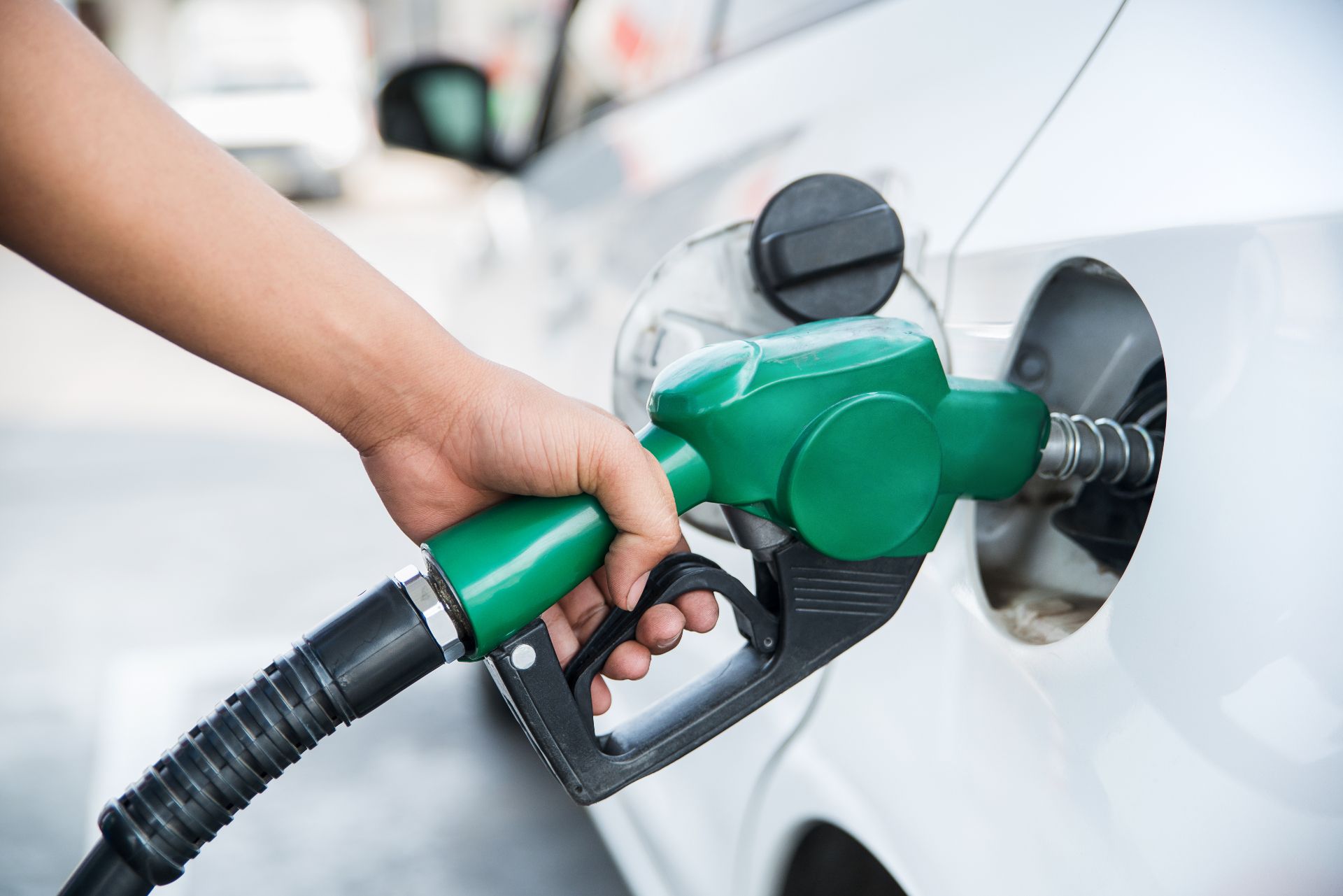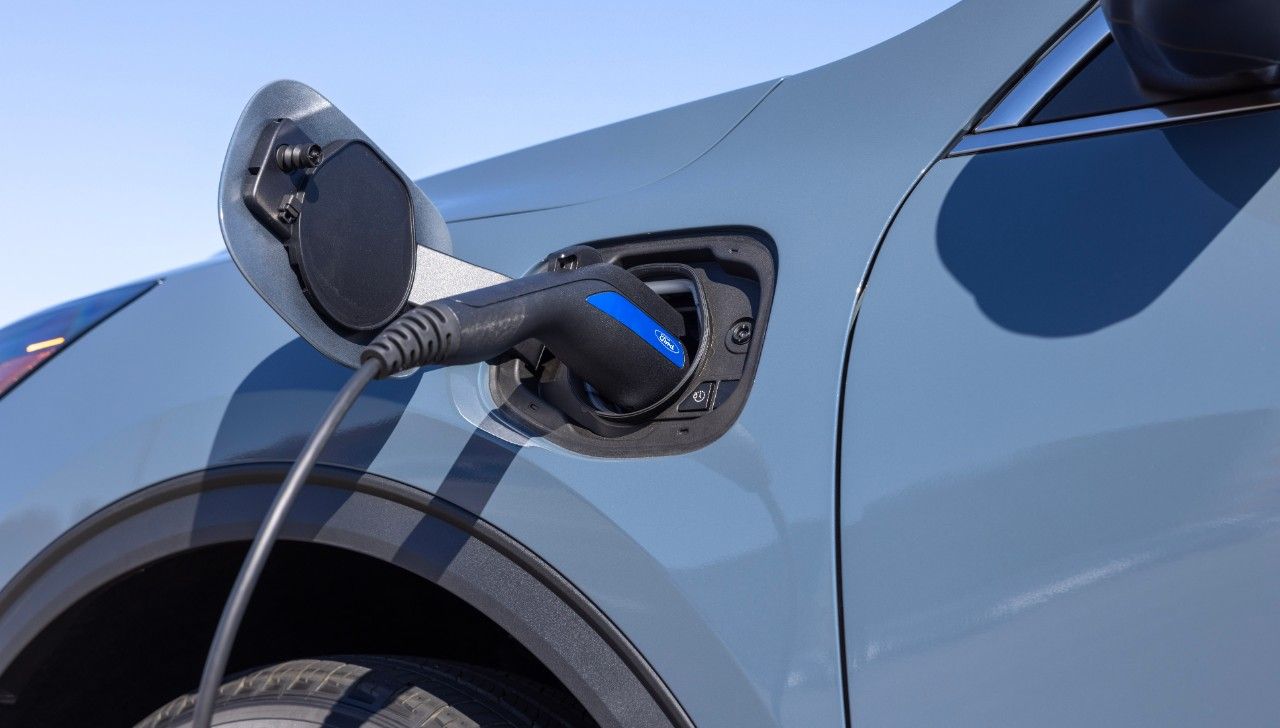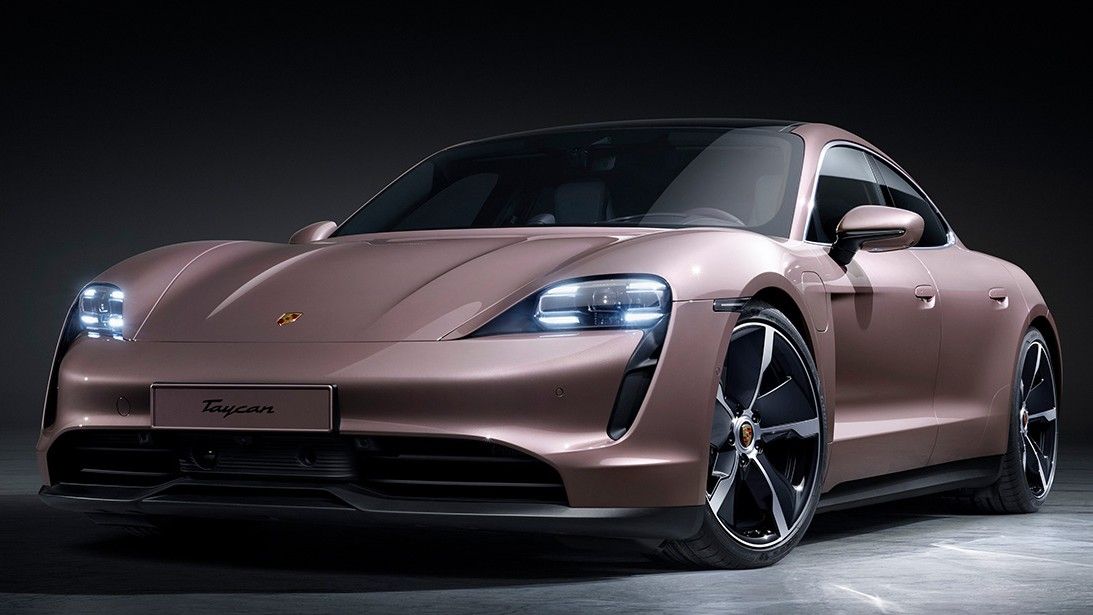Electric cars seem to be the future, but e-fuels are a promising new alternative that can give the electric car industry a run for its money

Front three-quarters shot of a Porsche 718 Cayman GT4 RS powered by synthetic fuel
The future of classic fossil fuels seems to be just about settled. The negative effects that come from tens of millions of drivers burning gasoline on a daily basis have serious effects on the ecosystem. Because of this, government is looking to regulate the automotive industry to prevent further damage being done to the Earth’s climate. It’s a commonly held belief that electric cars are the future, and because of this, many car manufacturers are looking to electrify their lineups to follow suit with what seems to be the wave of the future, but e-fuels might shake up the current picture .
TOP SPEED VIDEO OF THE DAY
What is e-fuel?

Image of a Gasoline Pump
E-fuels are synthetic fuels that are created by carbon and water when they are mixed and subjected to the process of electrolysis. This process causes chemical reactions that transform water and carbon into synthetic fuels by altering the chemical structure of the atoms. This process produces a fuel source that is carbon-neutral. This carbon-neutral gas still has the same function as traditional gasoline, with none of the environmental impacts that come with gas. Another exciting feature of this fuel is the carbon required to manufacture it can be made by recycling carbon that has already been released into the atmosphere. However, once synthetic gasoline is created, it is still required to be refined.
Why e-Fuels Are Exciting To Enthusiasts

2023 Ford Escape Plug-In Charging
One of the main reasons the idea of synthetic fuel looks so reactive to car lovers is that they will be able to keep the combustion engines many are so fond of today. Unlike other fuel sources proposed as alternatives to electric, e-fuels can power a traditional combustion engine without the need for modifying it. Meaning that the mass production of e-fuels can help millions of cars that are already on the road remain in use. Porsche is heavily investing in the research and development of this seemingly magical alternative to both electric cars and combustion engines. As the research comes alongside the release of their new electric and hybrid cars.
With the electrification of many long-standing models like the Hummer and discontinuations of models that seemed like mainstays in the car industry like the Audi R8, some car lovers dread the industry’s electrification. One of the main issues many have with electric vehicles is the experience of driving them. Although the 0-60 times of EVs like Teslas can be impressive and fun to experience, electric cars tend to move in near silence, even at maximum acceleration. Due to this, the experience of driving a Tesla is just missing some of the magic that many have come to appreciate about cars. This makes some car enthusiasts hopeful about other alternatives to carbon-neutral transportation, especially with many still skeptical about the true merits of electric vehicles.
Why Could e-Fuel Be A Better Alternative To Electric Cars

A static front 3/4 shot of a Porsche Taycan GTS Sport Turismo on a beach
Contrary to popular belief, electric cars aren’t as environmentally friendly as they appear to be on the surface. This is because although electric cars aren’t powered by gasoline, the production of electricity in large part still relies on fossil fuels to supply energy. This means if the population was to switch over to electric vehicles entirely, we would only be switching from one source of pollution to becoming heavily reliant on another. In fact, some experts say that if electric cars become the main mode of transportation for a large segment of the world, carbon emissions will only be reduced by about 10-percent. This might come as a surprise to many car lovers, especially as California plans to ban the sale of cars with combustion engines by 2040. The production of electric cars is also a massive source of pollution, along with the car’s manufacturing and shipping. It was also found that electric cars produce so much carbon in the production and manufacturing stages that one needs to be driven for 100,000 miles before it can truly have less of a carbon footprint than a traditional vehicle. This makes us wonder if electrification is truly the solution to the pollution caused by combustion engines.
The Barrier To Mass Adoption Of Synthetic Fuels

Front-three quarters shot of a 2020 Porsche Taycan parked in a studio.
Synthetic fuel might sound too good to be true, but there is a catch. There are many steps in the process of turning carbon and water into usable synthetic fuel, and once the fuel is made, it still needs to go through the process of refinement in order to be usable. The lengthy process makes synthetic fuels ten times more expensive than traditional gasoline. This means that the cost to operate an e-fuel powered car may greatly exceed the long-term cost of an electric vehicle. But still, since the ingredients of e-fuel are easier to come by and they can be used to power a traditional combustion engine, they may be a better alternative than other proposed green technology like hydrogen cars and electric, which would require the manufacturing of millions of new vehicles, along with the infrastructure required to fuel and power all of these new cars.
